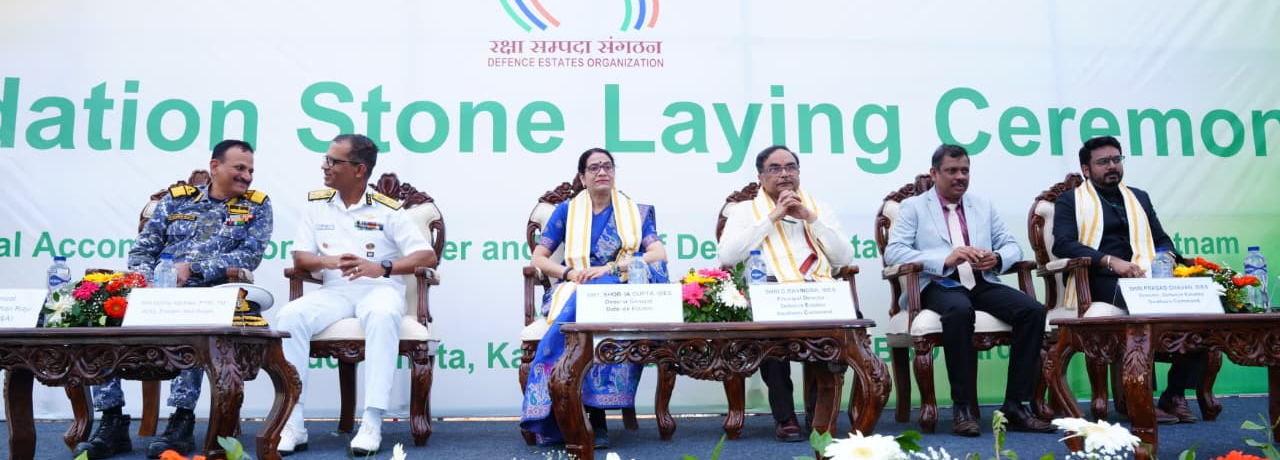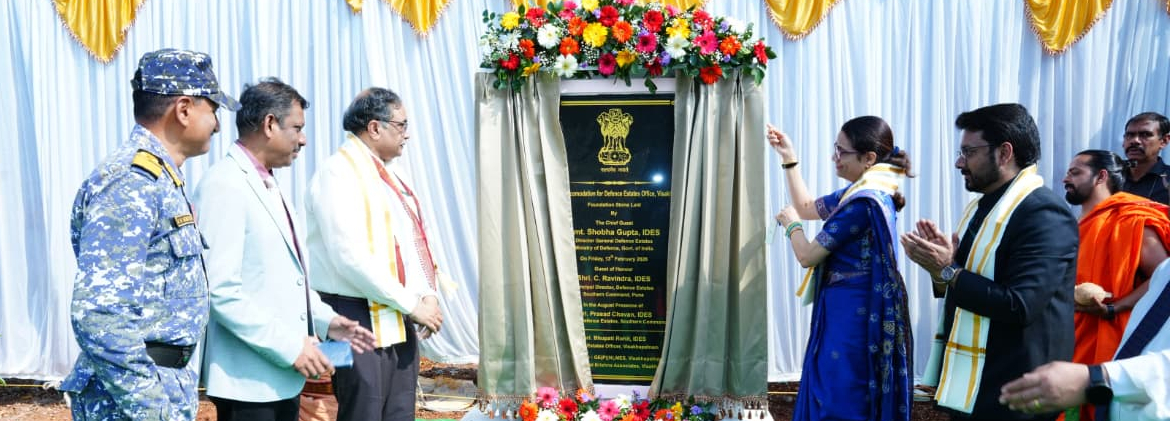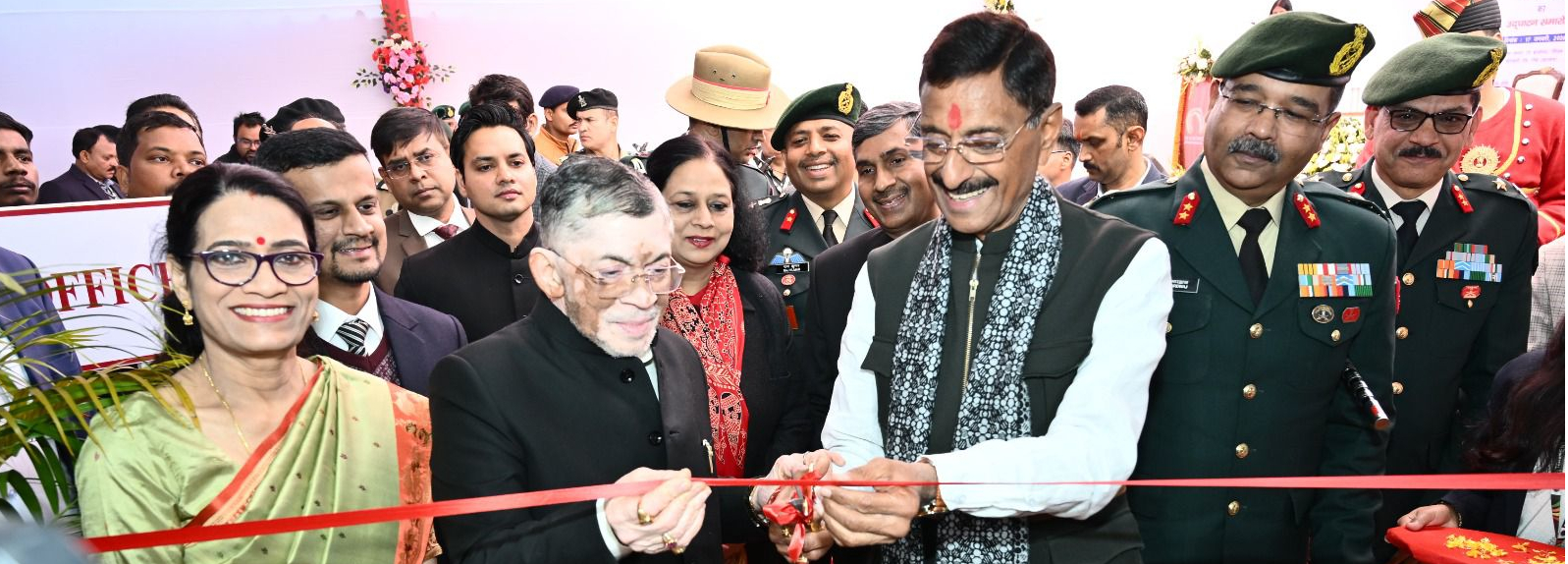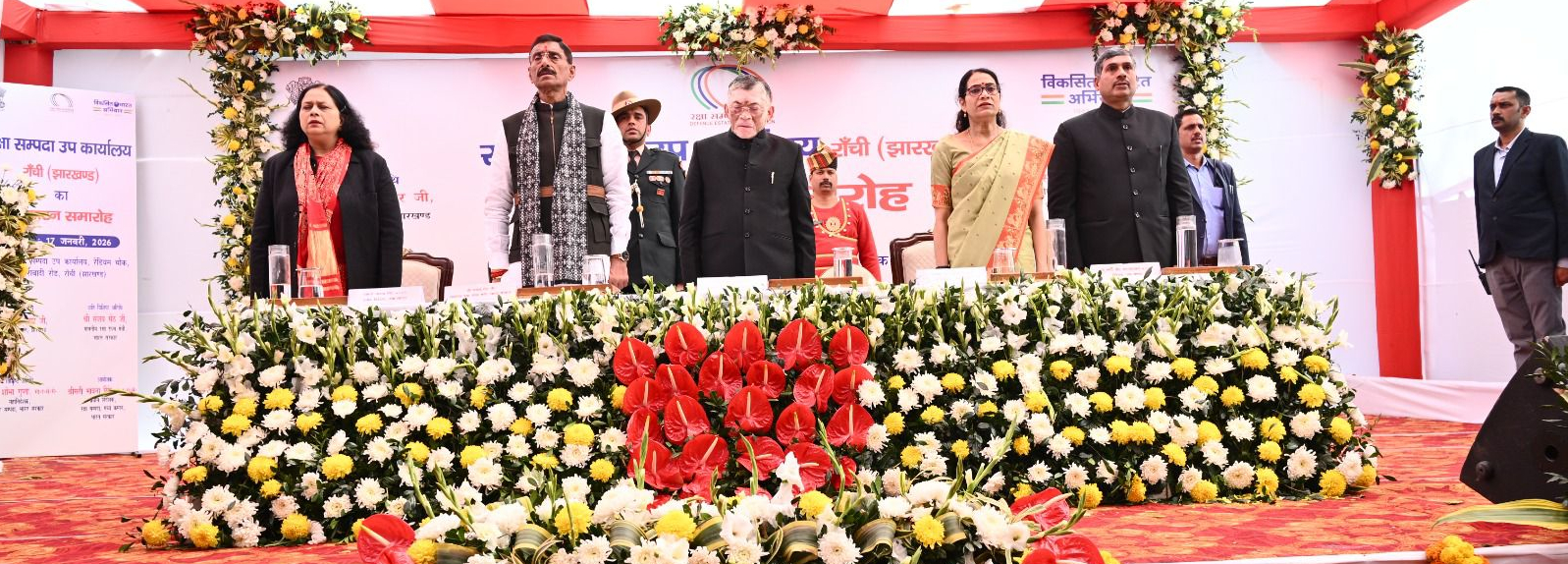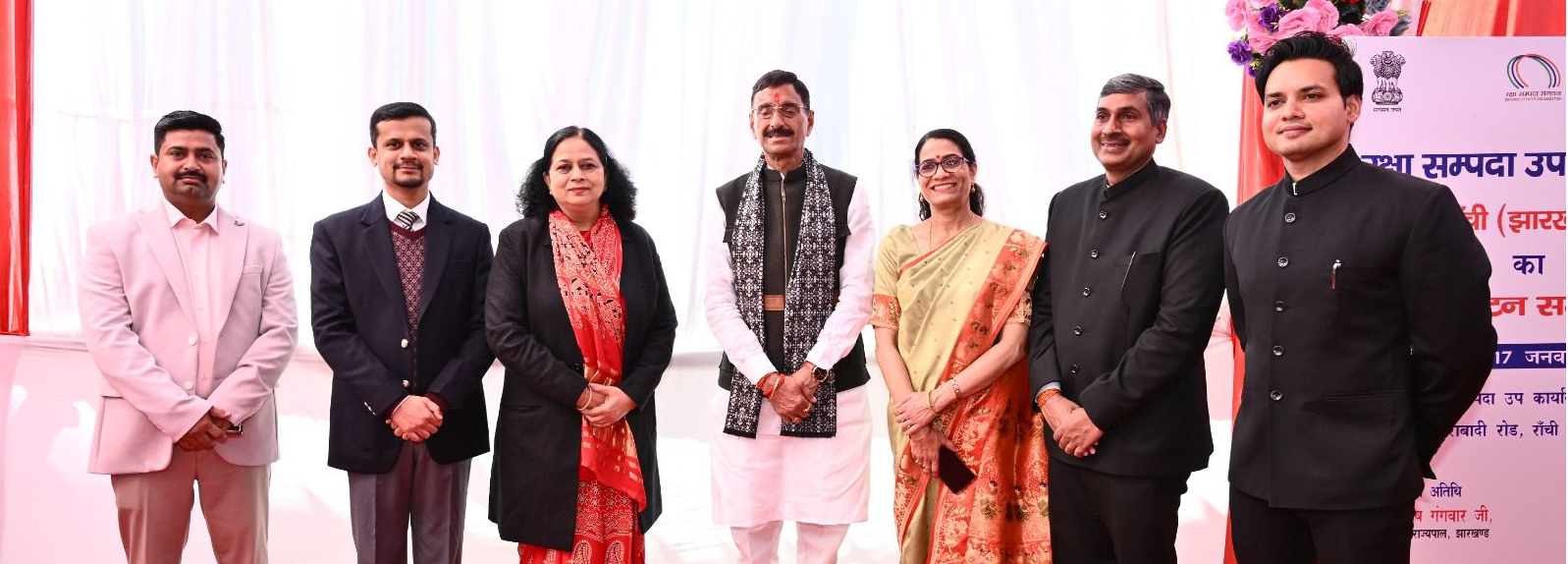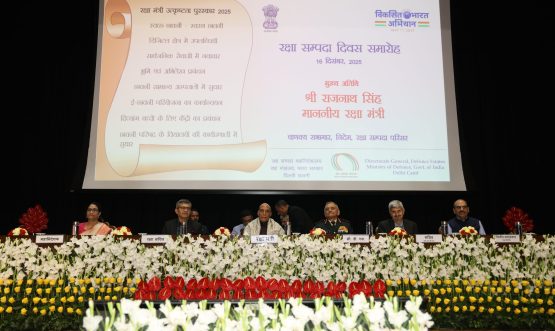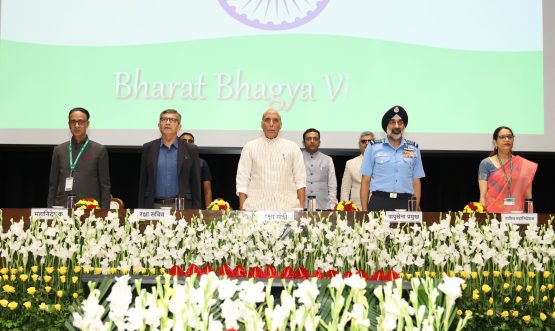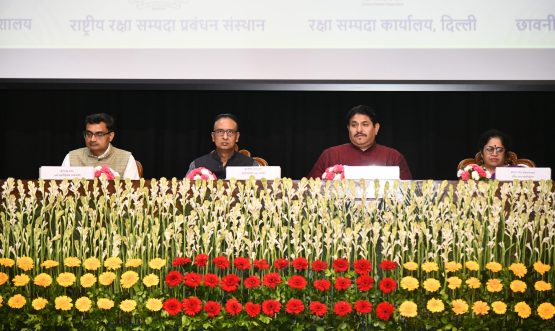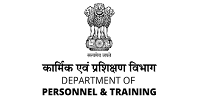हमारे बारे में
रक्षा संपदा महानिदेशालय भारतीय रक्षा संपदा सेवा का मुख्यालय है। रक्षा संपदा महानिदेशालय रक्षा मंत्रालय तथा रक्षा मंत्रालय के अधीन सेना, नौ सेना, वायुसेना तथा अन्य संगठनों को छावनी तथा भूमि संबंधी सभी मामलों पर परमर्शी इनपुट प्रदान करता है। भूमि का अधिग्रहण, विस्थापित लोगों का पुनर्वास तथा पुनःस्थापन, भूमि तथा भवनों को किराये पर [...]
और पढ़ें- भारतीय रक्षा संपदा सेवा में वरिष्ठ प्रशासनिक ग्रेड [वेतनमान लेवल-14 पूर्व-संशोधित वेतनमान ₹ 37,400-67,000 (पीबी-4) के साथ ₹10,000 रुपये ग्रेड वेतन] में पदोन्नति 23-02-2026
- मौजूदा सहायक रक्षा संपदा अधिकारी ग्रुप ‘बी’, भर्ती नियम, 2007 में प्रस्तावित संशोधन 17-02-2026
- भारतीय रक्षा संपदा सेवा के ग्रुप ‘ए’ अधिकारियों का उच्च प्रशासनिक ग्रेड () पूर्व संशोधित वेतनमान ₹ 67,000- 79,000/- में पदोन्नति एवं और एचएजी स्तर के आई डी ई एस अधिकारीयों का स्थानांतरण /नियुक्ति। 17-02-2026
- भारतीय रक्षा संपदा सेवा के ग्रुप ‘ए’ अधिकारियों के लिए स्थानांतरण/पोस्टिंग नीति, 2025 – के सम्बन्ध में 10-11-2025
- आईडीईएस अधिकारी का स्थानांतरण/तैनाती – उच्च प्रशासनिक ग्रेड (एचएजी) स्तर 09-02-2026
- आरटीआई संपर्क 13-01-2026
दिखाने के लिए कोई पोस्ट नहीं
-

माननीय रक्षा मंत्री
-

माननीय रक्षा राज्य मंत्री



